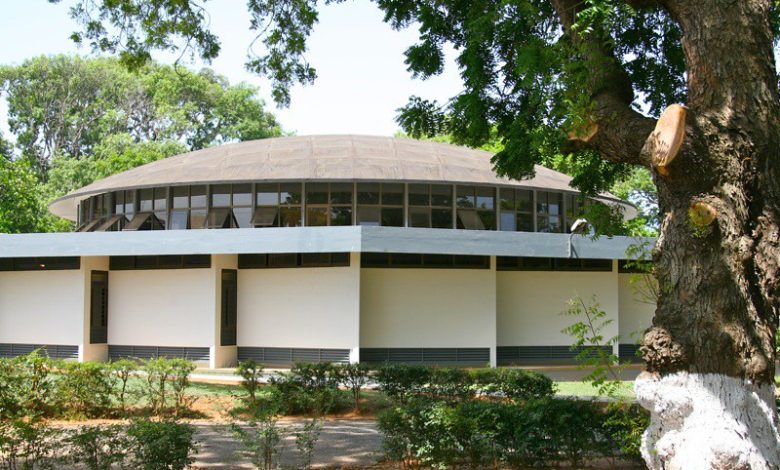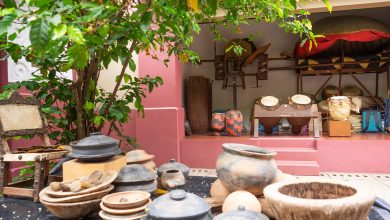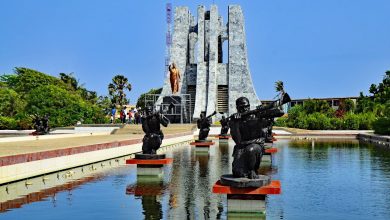Ghana’s Museums: Unveiling the Rich Cultural Heritage and History

Ghana, a country known for its vibrant cultural heritage and traditional practices, proudly showcases its history, art, and culture through a multitude of museums scattered across the nation. These museums act as gateways into Ghana’s past, offering visitors a glimpse into the country’s diverse heritage.
How Many Museums are there in Ghana?
Ghana boasts approximately 28 museums, each offering its own unique experience. Among these, the National Museum in Accra and the museums dedicated to the colonial period and the slave trade stand out as must-visit attractions. The forts and castles along Ghana’s coastline, such as Elmina Castle and Cape Coast Castle, house these museums. Additionally, there are several noteworthy artifacts that provide deeper insights into Ghana’s history and culture, such as the Okomfo Anokye Sword and stones in Kumasi.
Discovering Pre-Colonial Times in Ghana: The National Museum of Ghana
The National Museum of Ghana, situated in Accra, stands as the country’s largest and oldest museum. Established in 1957, the same year Ghana gained independence, it showcases a diverse range of exhibits spanning from pre-colonial times to the present day. Traditional Ghanaian art, clothing, music, and dance take center stage, offering visitors a comprehensive understanding of the country’s cultural heritage. Furthermore, a dedicated section sheds light on Ghana’s involvement in the slave trade. Notably, the Asante Goldweights exhibit within the National Museum captivates audiences with its display of miniature gold weights used as currency in ancient Ghana.
Museums Beyond Accra: A Glimpse into Ghana’s Varied History
Another prominent museum worth mentioning is the Cape Coast Castle Museum, located in the coastal town of Cape Coast. Once a slave-holding dungeon, this museum now serves as a poignant reminder of Ghana’s colonial history and the horrors of the trans-Atlantic slave trade. Visitors have the opportunity to immerse themselves in the past, imagining the experiences of those who suffered during this dark period.
Ghana’s Museums Dedicated to Prominent Leaders and Figures
Several museums in Ghana pay tribute to influential leaders and figures. The Kwame Nkrumah Memorial Park and Mausoleum, as well as the Du Bois Memorial Centre for Pan-African Culture, focus on the lives and legacies of two of Ghana’s most prominent Pan-Africanists. Notably, the W.E.B. DuBois Museum in Accra stands out for its extensive collection of documents and artifacts, highlighting the life and contributions of this renowned Pan-Africanist and scholar.
Ghana’s Museums: Preserving History and Celebrating Culture
In essence, Ghana’s museums play a vital role in educating visitors about the country’s rich history, traditions, and culture. They serve as platforms for appreciation and learning, allowing individuals to delve into Ghana’s past while simultaneously celebrating the beauty of its present. By exploring these museums, visitors can truly grasp the essence of Ghana’s cultural heritage and gain a deeper appreciation for the nation’s remarkable journey.



